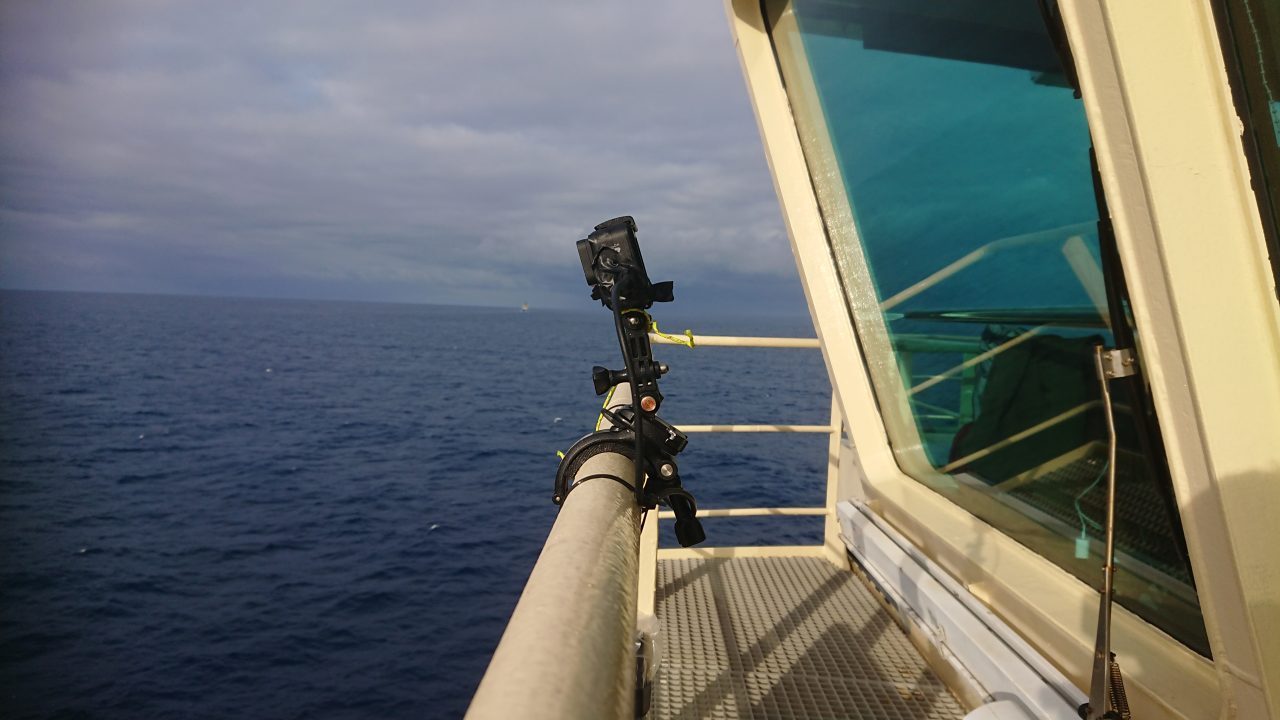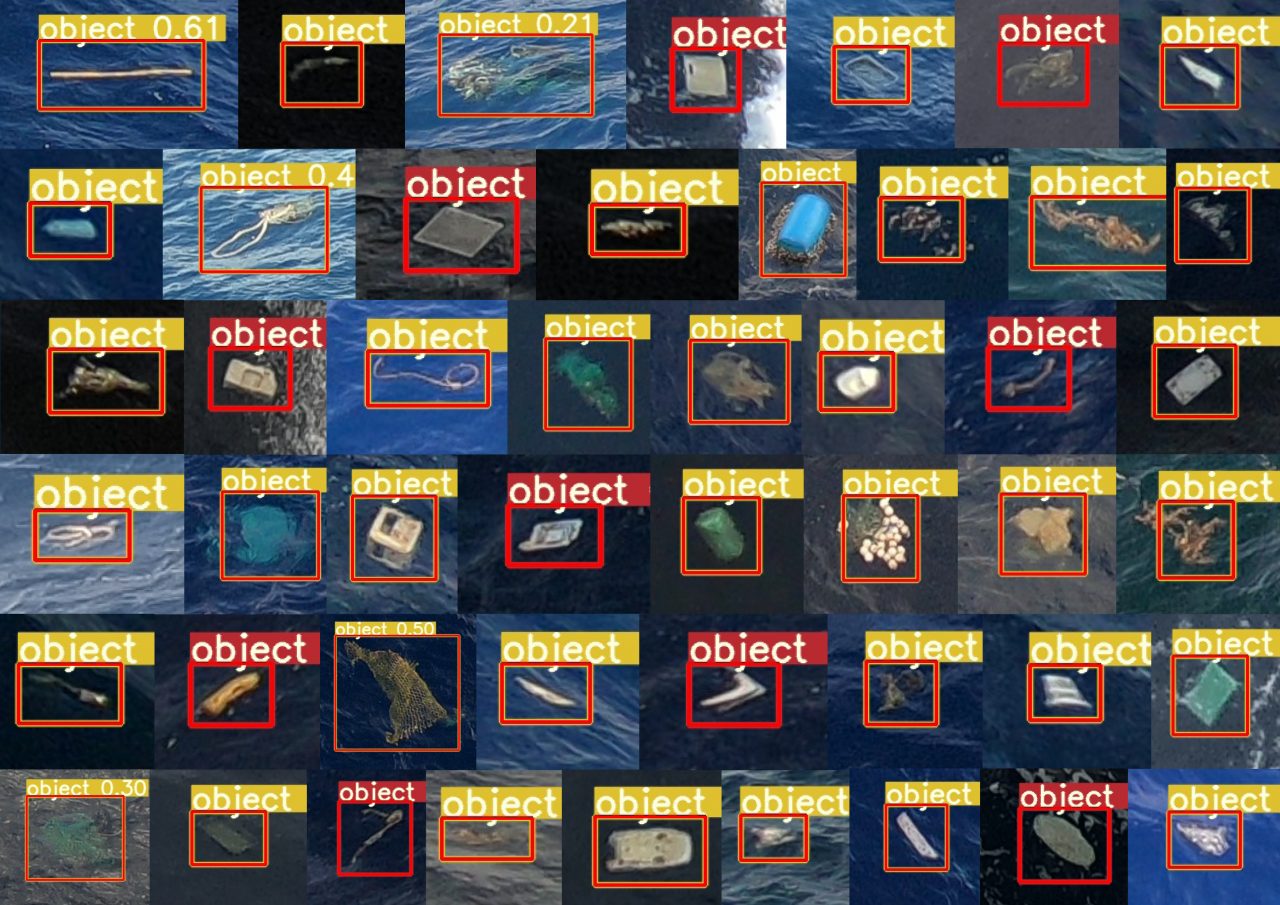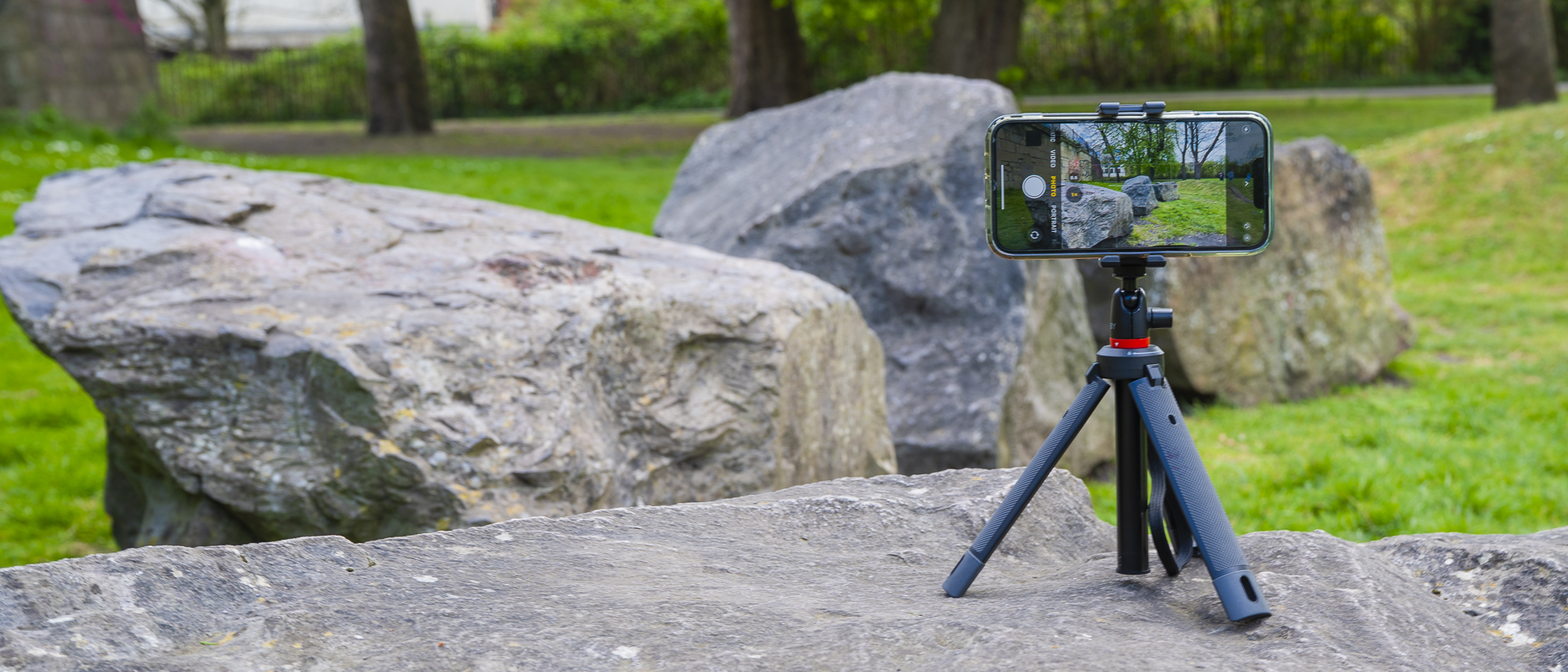Using AI and GoPros to monitor plastic waste in our oceans
This new technology could help us understand what plastic gets into the ocean and where it gathers

Every year millions of tons of plastic end up in our oceans massively impacting marine life. Plastic pollution is one of the biggest issues our planet faces today but now researchers have found a way we might be able to use GoPros and artificial intelligence (AI) to fight against it.
The Ocean Cleanup is a non-profit organization dedicated to reducing plastic waste in our oceans. Usually, plastic densities in the ocean are monitored using methods such as trawls, which are labor-intensive, or airplanes which are very costly. Recently, The Ocean Cleanup research team has been testing ways in which new AI technology and GoPros can help monitor and detect plastic debris.
• Read more: Best GoPro cameras
For more than two years, The Ocean Cleanup research team has been working on AI object detection software. When combined with a series of automated time-lapse, GPS tagged images, it can detect and map the dynamic behavior of floating plastic remotely.
By attaching GoPro cameras to ships, The Ocean Cleanup was able to track hundreds of miles of ocean for marine debris. Using the new AI object detection algorithm, it says that more than 400 photos of large plastic items were captured. This dataset was then sent to be analysed so that researchers were able to see where plastic waste was concentrated.

Object detection works by identifying an object of interest within an image – just like the facial recognition software you use on a smartphone. In order for AI to work, it needs to be trained for a specific task which in this case, requires a vast amount of input images.
By identifying plastic hot spots in the ocean, The OCU team is able to determine what cleanup system design would be best how much it would cost and whether it’s a viable solution.
Get the Digital Camera World Newsletter
The best camera deals, reviews, product advice, and unmissable photography news, direct to your inbox!
There are several ways the Ocean Clean up team combats plastic waste ending up in rivers and oceans; one of the ways is by creating ‘artificial coastlines’ and another is by using The Interceptor – an OCU developed machine that extracts plastic autonomously using 100% solar panel.
While using AI to monitor plastic build-up in the ocean is a new technology, if it proves to be efficient it could help to create detailed maps of plastic densities in remote locations all over the world. Until now, most ocean plastic research has relied on manual, on-site observation but this new method of data acquisitions could become an essential tool in continuously mentoring plastic pollution in the ocean.
Read more:
Best action cameras
Best waterproof cameras
Best helmet cameras
Best time-lapse cameras

Having studied Journalism and Public Relations at the University of the West of England Hannah developed a love for photography through a module on photojournalism. She specializes in Portrait, Fashion and lifestyle photography but has more recently branched out in the world of stylized product photography. Hannah spent three years working at Wex Photo Video as a Senior Sales Assistant, using her experience and knowledge of cameras to help people buy the equipment that is right for them. With eight years experience working with studio lighting, Hannah has run many successful workshops teaching people how to use different lighting setups.
